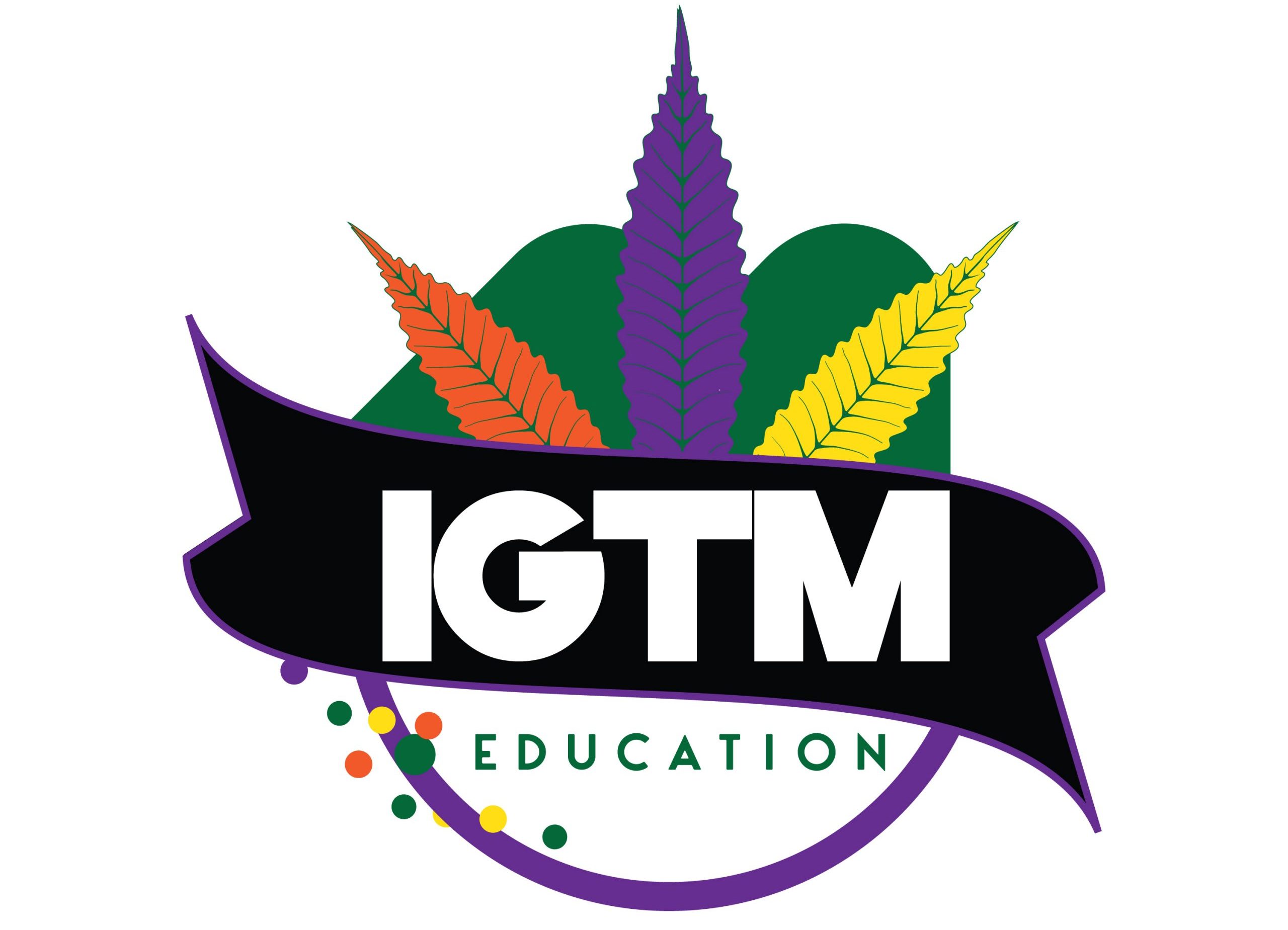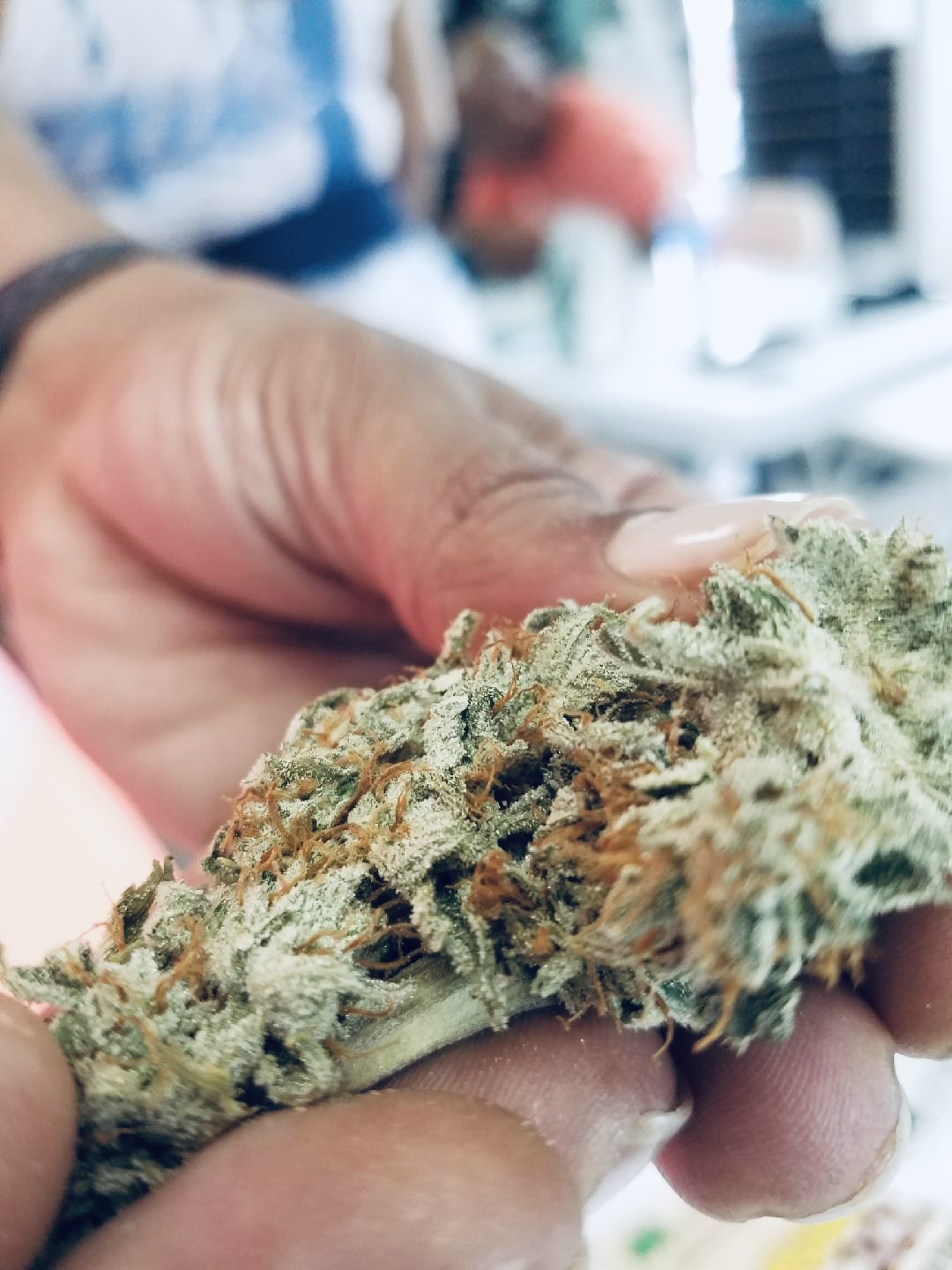Without question, 2020, and the events therein, impacted everyone in some way. Like many other industries, when COVID-19 struck, the cannabis industry stepped up and changed directives to help their communities and contribute to the greater good. Despite being the highest taxed industry in the nation, we saw cannabis businesses donate money, provide PPE for essential workers, shift gears to make hand sanitizer, and even offer new pathogen testing solutions for viruses.
Today, as the light at the end of the tunnel appears to draw closer, the question becomes, what did we learn through these challenges? Cannabis Tech spoke with Milan Patel, CEO of PathogenDx, to reflect on lessons learned and new technologies for cannabis testing.
DIFFICULT TIMES OFTEN PRESENT NEW OPPORTUNITIES
When disaster strikes, American businesses are known for their ability to adapt. Whether it’s an auto manufacturer that shifts production during wartime or a cannabis pathogen detection platform that pivots to developing new testing solutions for SARS coronavirus, adaptation is what keeps the nation humming.
PathogenDx successfully transitioned from its original business model to help provide solutions during dark times. “We make a conscious decision to develop a testing technology that can accurately test for SARS coronavirus,” Patel explained.
The test developed by PathogenDX simplified the technology to make it easier for lab technicians and to provide a higher level of accuracy. Patel stated, “We were one of 30 or fewer companies that had a unique technology to address pathogen detection, and the federal government was interested in looking at our technology and scaling it up to the tune of 750,000 tests per month.”
However, in addition to providing a solution for the moment, using what they’ve learned while developing coronavirus tests, PathogenDx has been able to improve testing solutions for the cannabis industry as well.
BRINGING THE LESSONS HOME
“We consider ourselves as a disruptive technology,” Patel said, explaining how their testing technology is different. He continued, “Testing for pathogens typically uses the conventional approach of petri dish testing, which is 130 years old and takes days to get an answer.”
PathogenDx test results, however, can provide an answer “in six hours versus six days.”
Reflecting on the transition, Patel said, “We learned a completely different caliber of due diligence in terms of health and safety for the public. There is a higher level of sophistication and rigor that goes into the decisions made by the FDA and the CDC.”
PathogenDx has taken the same technology they developed to test for SARS coronavirus back to the cannabis industry. “We now have the ability to test for these variants in a multiplex fashion without losing accuracy,” Patel elaborated.
PUBLIC HEALTH AND SAFETY IS PRIORITY NUMBER ONE
Although many cannabis advocates and activists were consuming cannabis long before there were regulations about how it can be grown and processed, Patel points out that consumers could be doing themselves more harm than they realize without pathogen testing and detection.
“Over the course of time, bugs like aspergillus niger, fumigatus, and terreus could be deadly, and if you’re immune-compromised, God help you,” Patel warns. “Even if you’re super healthy and workout every day, consuming something like aspergillus repeatedly could greatly impact someone’s health.”
Patel also explained that while the gravity of regulation is undoubtedly impending on the hemp and cannabis industries, “at the end of the day, we can try to defy that regulatory gravity, or we can open our eyes and ears to embrace it.”
“Consumer protection and patient safety should be a given in anything and everything we do [in cannabis],” he mandated.
“We all make choices to be in this industry for the right reasons, and if it’s only profit motives, the pendulum is eventually going to swing back,” he elaborated. “While we want the pendulum to swing to have a balanced approach, we need sensible regulations to protect the consumers and patients.”
FEDERAL REGULATION IS COMING
Without question, as the laws change and we inch closer to legalization in the US and around the world, testing requirements and mandates will be a part of the coming regulations. Although this likely means expense for cannabis producers, Patel believes that innovations like those from PathogenDx will help reduce costs for large and small producers alike.

